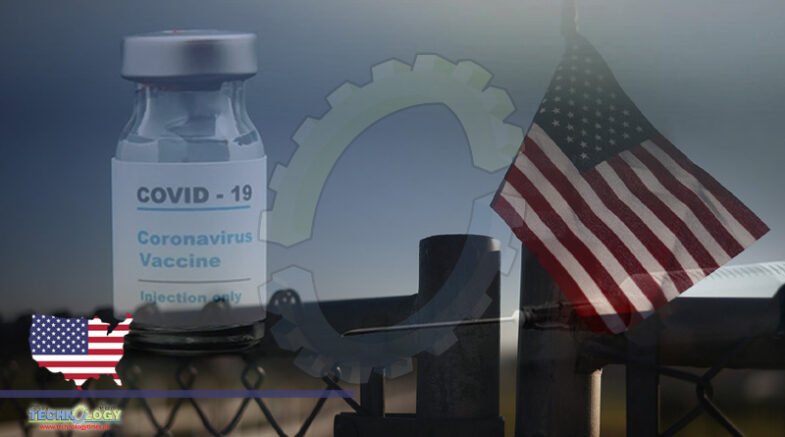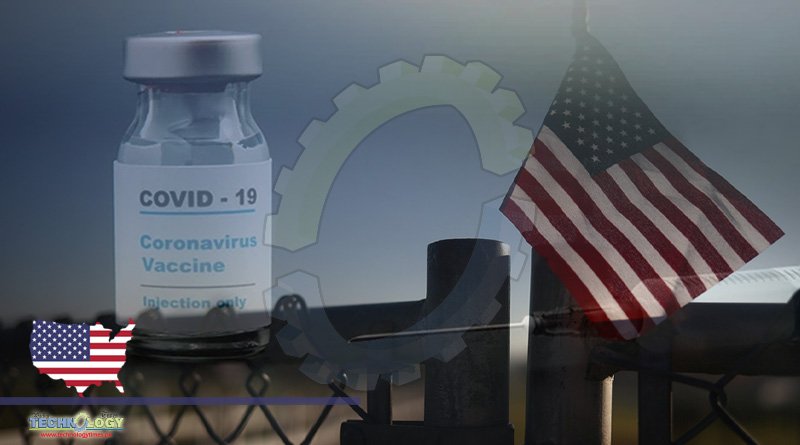There is a current debate within the scientific community as to the need for Vaccine booster doses of Pfizer and mRNA against Covid-19.

At the heart of the debate is the issue of the duration of protective immunity of these vaccines. In general, when there is evidence of waning immunity and an increase in severe disease or hospitalizations after a certain period, this evidence supports the need for one or more booster doses. Booster doses are common for many pediatric vaccines; some boosters occur months and even years after the primary series. For instance, the CDC recommends adults receive a booster for the Tdap every 10 years.
There is evidence that immunity against SARS-CoV2 is waning, especially in individuals 60 years of age and older. There is also concern that those who are immunocompromised are not responding to the primary two-dose series of these vaccines. Albeit, with the immunocompromised the concern is not waning immunity, it’s the inability to mount an immune response. There is further concern that the current vaccines may not protect against the delta variant as well as they do against the original virus. Of course, the current vaccines were not designed to protect against the variants.
In the case of “boosters” for the immunocompromised, prior to the recommendation to give a third dose to individuals who fell into this category, the Food and Drug Administration evaluated the available data and subsequently amended the emergency use authorizations for Pfizer-Biotech and Moderna to allow an additional dose of their respective Covid-19 vaccines for certain immunocompromised individuals, such as solid organ transplant recipients and individuals with conditions that reduce their ability to fight infections and other diseases. CDC followed FDA’s authorization of emergency use with a recommendation from their Advisory Committee on Immunization Practices to provide a third or booster dose to immunocompromised persons.
In addition, the administration has said that it is developing a plan for all Americans to be provided a booster shot soon after Sept. 20. The administration got ahead of the usual process of the FDA making an independent scientific evaluation of the safety and effectiveness of an additional vaccine dose or booster shot prior to any recommendations being made. The administration did add the caveat that this recommendation is dependent on the FDA ruling that the boosters are safe and effective. However, even with the caveat, it is highly unusual for the Executive Branch to circumvent the independence of the regulatory authority and recommending bodies. Although the actions of the administration were well-intended, they erode the dwindling public trust in the independence of our public health agencies such as the FDA and the CDC. By declaring a specific date, the booster plan gives the impression that the deliberations of the FDA and CDC are pre-determined.
Independent scientific discourse must be allowed to occur. Yes, we’re in a pandemic, but there is adequate vaccine supply for every American who is eligible to receive a full series of vaccines. If a significant part of the population remains unvaccinated (both nationally and especially internationally), including children under the age of twelve, a third dose in the general U.S. population will probably be of limited value. There is a consensus that the current vaccines are protecting the overwhelming majority of those fully vaccinated from severe disease, hospitalizations, and death.
There will most likely come a time when booster doses or modified vaccines are needed. However, in my opinion in the interim there are important questions remaining to be answered prior to recommending booster doses to all Americans. What is the best vaccine to boost the current vaccines, if needed? Should individuals who have received two doses of Pfizer-Biotech or Moderna vaccines receive another dose of the same type (a homologous regimen)? Or should they receive a non-mRNA vaccine (a heterologous regimen)? What is the lower limit of immunity that still protects against severe disease? What is the duration of the immunologic protection against SARS-CoV-2? Is it time to consider reformulating the current vaccines with another variant such as that which is done with influenza vaccines? What is the role of the World Health Organization in coordinating the global surveillance and decision to change the variant in the vaccines?
Source BARRON’S
